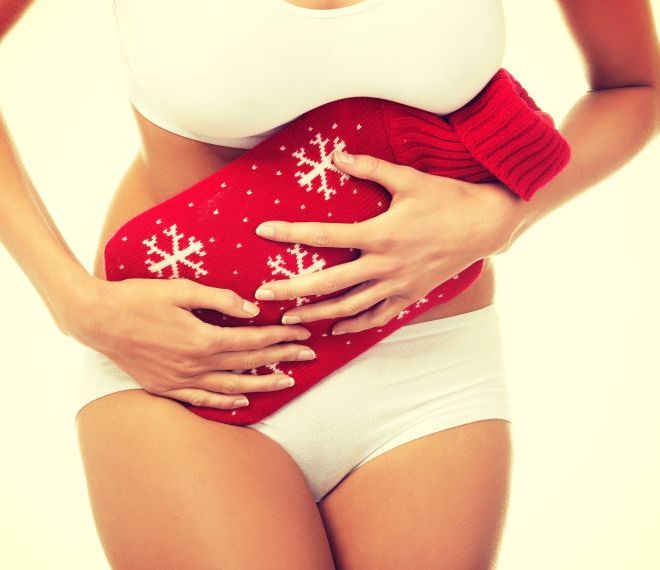Everything you wanted to know about cystitis—and what you didn't

The first symptoms
The most common symptom of cystitis is frequent painful urination. When the first symptoms appear, you can try drinking plenty of fluids and using anti-inflammatory and pain-relieving drugs. Although this may eliminate the symptoms, it is possible that the bacteria remains in the body, which can cause the development of a more serious disease, such as pyelonephritis. There is a great danger of this if the urination complaints are accompanied by fever and lower back pain.
Home practices
A warm bath is not recommended in the case of cystitis or a disease accompanied by fever, because it raises the temperature. Medicinal products made from cranberries are also popular these days. However, Dr. Béla Kovács warns: of these, it is only worth taking those that contain a large concentration of cranberries. These are not always useful either, as they only relieve complaints in those whose bodies are capable of properly processing the active ingredients of cranberries.
If you have cystitis for the first time
For the first episode of cystitis, a urine test and an ultrasound examination are usually not necessary, but antibiotic treatment is most likely required. After a longer conversation and examination, the urologist can tell you what the best antibiotic is expected to be suitable for the patient. In such cases, it is important to pay attention to the intestinal flora and, in women, to restore the vaginal flora in order to prevent a possible return of the infection.
In a flora with the enemy
Many female patients experience cystitis after sexual intercourse or swimming. The reason for this is that the already existing bacteria enters the urethra and from there into the bladder due to the improper functioning of the vaginal flora. In the absence of an adequate amount of fluid intake, the bacterium begins to multiply and the symptoms then begin to appear.
The infection fights back
Unfortunately, there are many people who are prone to recurrent infections. This can also be caused by the fact that the surface of the bladder has many more "holds" for bacteria than in those with a different anatomy of the organ. Unfortunately, this cannot be changed, so the disease often returns in these patients.
According to Dr. Béla Kovács, drinking the right amount of fluid and knowing the exact symptoms are key to the prevention and early treatment of cystitis. If your condition worsens, contact a urologist immediately!
Get to know our urologists:
